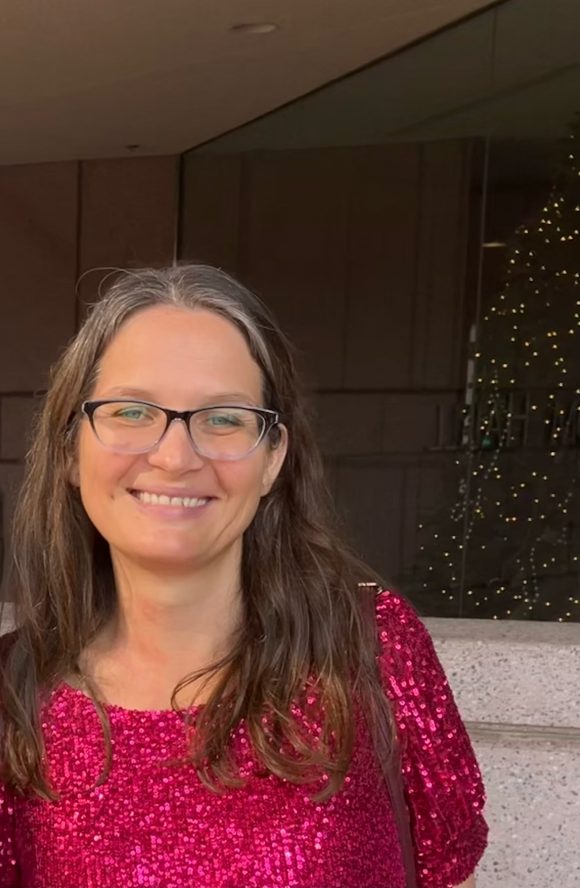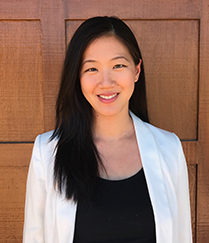
Social Media Engagement for Global Influencers with Dr. Cristina Nistor Exploring How Consumers Engage with Influencers
January 4, 2024

Prof. Nistor earned her Ph.D. from MIT Sloan in 2012.
Influencer marketing is being used more and more as brands attempt to engage consumers across the world. Social media influencers create organic and sponsored content that attempts to persuade their followers about brands and products. Consumers engage with content creators on platforms like Instagram, TikTok and YouTube and create a vast ecosystem of organic and sponsored content. One of the big questions in social media is what drives consumer engagement and how brands can reach consumers on social media.
In the paper “Social Media Engagement for Global Influencers”, which was published in the Journal of Global Marketing, my colleagues Prof. Kara Bentley, Prof. Charlene Chu, Prof. Taylan Yalcin, and Prof. Ekin Pehlivan and I analyzed global influencers. The paper leverages Hofstede’s cultural dimensions to study consumer engagement using a novel dataset of global sustainability influencers. Our results indicate that the cultural distance between the influencer and the followers is an important driver of engagement in a nuanced way. While the level of superficial, light engagement is not affected by the cultural distance between an influencer and her followers, the level of deep engagement increases when an influencer and her followers are culturally close. The effect is more pronounced for followers in countries where environmental concerns are considered more important.
Two of my current projects go further to focus on what drives consumer engagement with influencers.

Prof. Chu earned her Ph.D. from UCLA in 2017.
In “The More the Merrier or the Fewer the Better Fare? The Effect of Influencer Reach on Consumer Engagement”, Prof. Charlene Chu and I analyze the effect of influencer reach on consumer engagement. Our results indicate that the number of followers (the influencer’s reach) affects the consumer’s engagement with the content created by the influencer: smaller influencers can engage consumers more deeply, while influencers with a larger reach are less likely to be regarded as credible in sponsored posts, suggesting that persuasion knowledge plays a key role. Prof. Charlene Chu presented a version of the paper in the Association for Consumer Research Conference 2023, one of the top conferences in the field of consumer behavior marketing. Prof. Chu earned her PhD from UCLA in 2017 and works extensively in the field of consumer behavior studying how consumers experience goods and services and engage with marketers.

Prof. Selove earned his Ph.D. from MIT Sloan in 2010.
In “Influencers: The power of comments”, Prof. Matthew Selove and I develop a model in which we explain why large celebrity influencers endorse all products, whereas micro-influencers adopt a policy of endorsing only high-quality products. Intuitively, the celebrity influencer attracts so many uninformative comments his followers do not use his comments as a source of product information, and the value of his endorsement arises solely from generating product awareness whereas followers of micro influencers provide useful comments with product information. Prof. Selove earned his PhD from MIT Sloan in 2010. His interests rely on using advanced game theory methods to solve complicated marketing problems.
My colleagues and I work with undergraduate students at Chapman to learn about influencers, collect data and examples for our work. For example, Prof. Charlene Chu has mentored Emma Han in a project on social media authenticity and in the past we have worked with Khushi Patel on consumer engagement and Zina Gorin on influencer trust. We hope that our work on social media influencers will inspire more research into content creation and marketing.
__